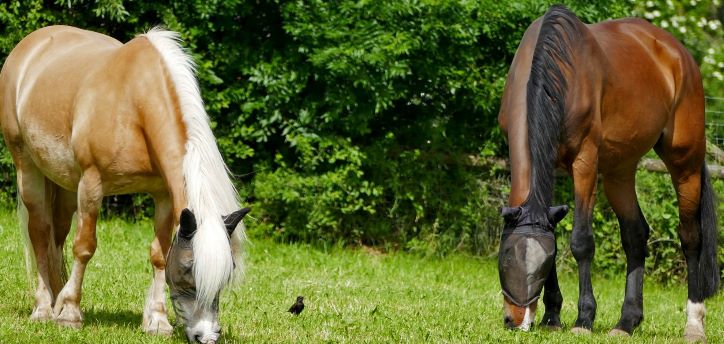Fecal Egg Counts and Deworming
As spring begins to show its face in beautiful flowers and new grasses, the parasite life cycle is renewed. Warmer weather encourages larval maturation from fecal contamination in pastures. As these larvae mature they make the progression up the blade of grass and await consumption by a new host. As your horse grazes on the fresh spring grass, transmission occurs. This is a very simple representation of a parasite life cycle.

Fecal egg counts (FEC) have been a hot topic for many years now, and they remain the best way to monitor and treat for parasite infestation in our equine partners. Performing a FEC gives us an understanding of what your horse is shedding at that time, and is a likely representation of what they are dealing with internally. Understanding this, we selectively prescribe dewormer for that particular horse and their individual issues. Two or three weeks later, we recheck FEC to be sure that the dewormer did what we needed it to do!
In Colorado, it is not uncommon for a horse to show no signs of parasites in an FEC. Our unique environment of generally dry and freezing conditions helps to reduce the transmission of parasites in general, and many horses lack substantial grazing opportunities. But they certainly still do occur.
Since responsible deworming of your horse is a bit more involved than it used to be, each case and circumstance can be unique. If you have questions about your particular horse, the environmental conditions, or their potential for exposure, you should have a discussion with your veterinarian.

